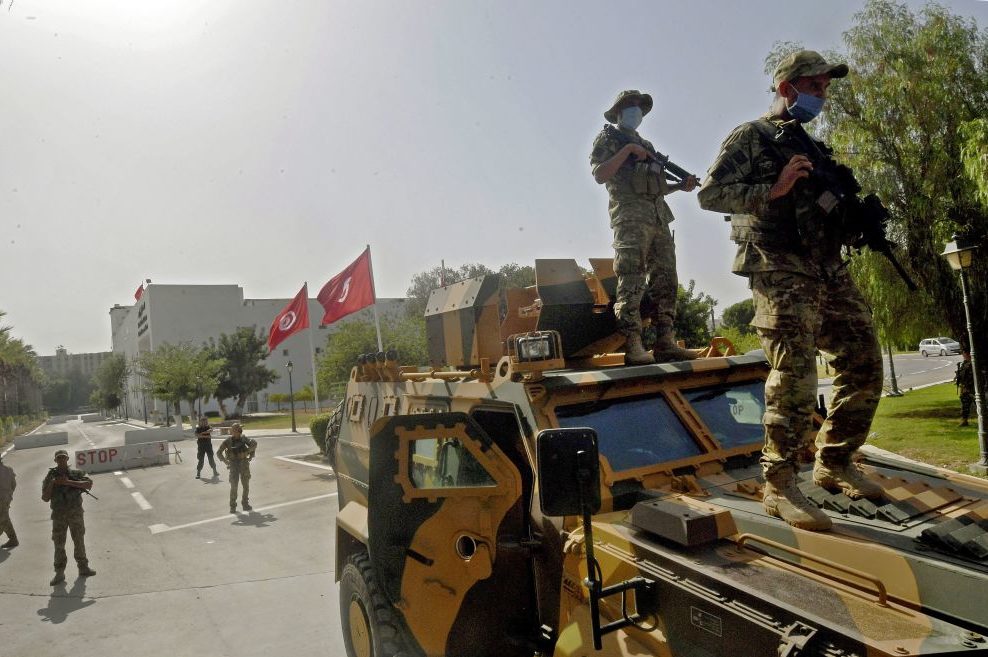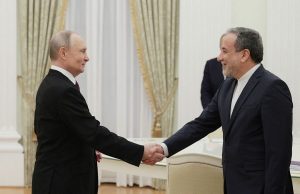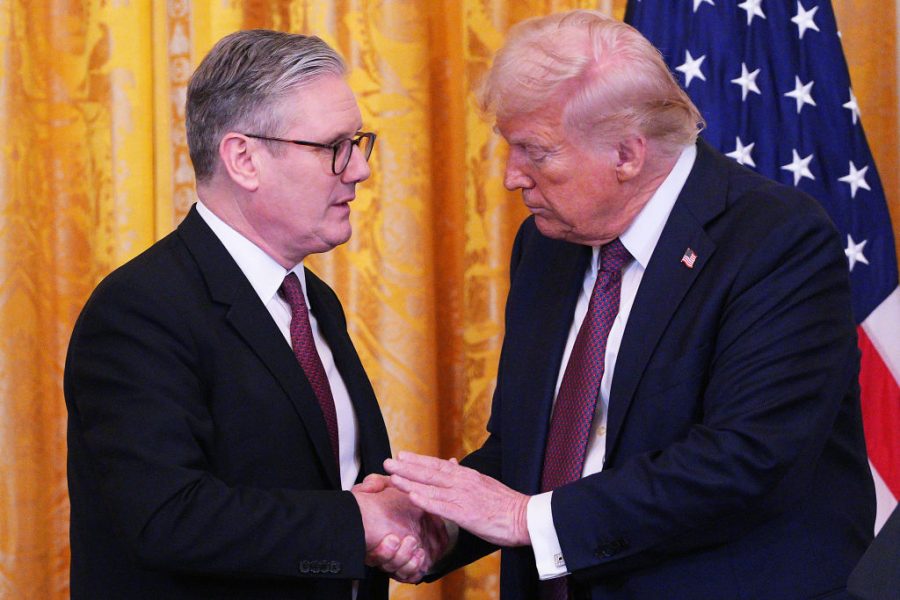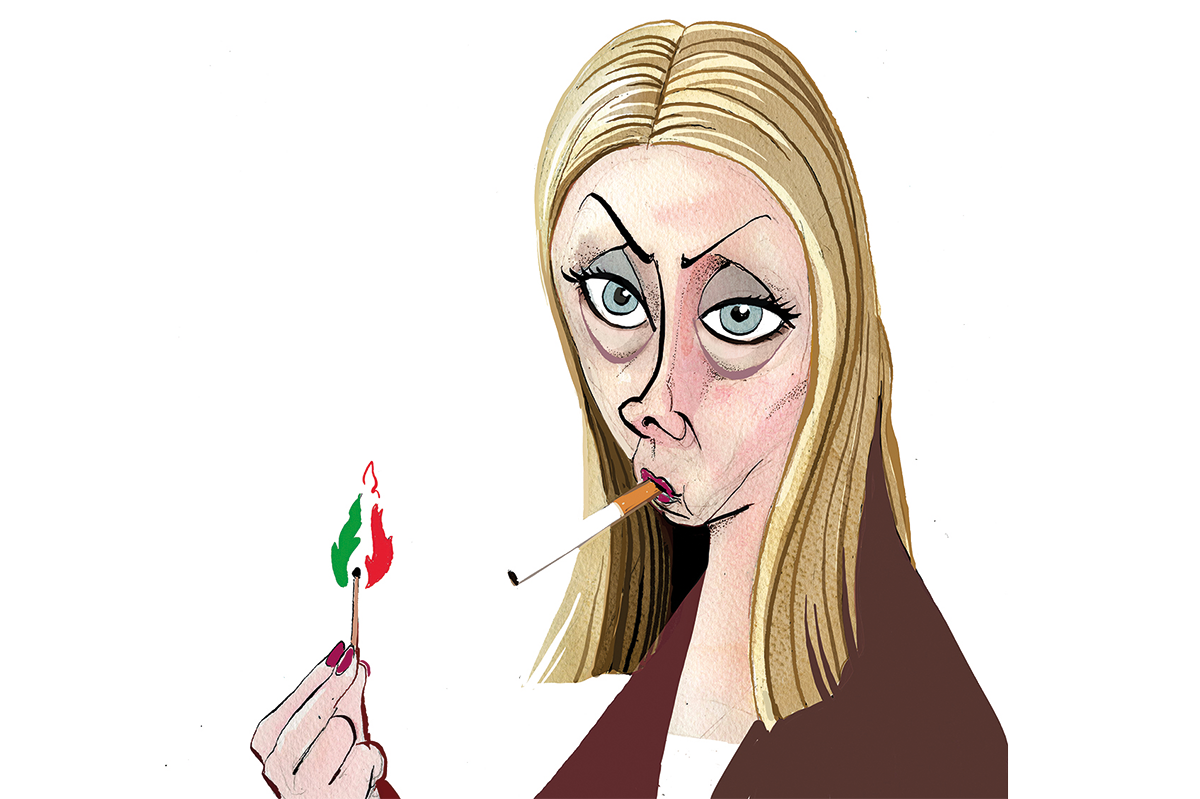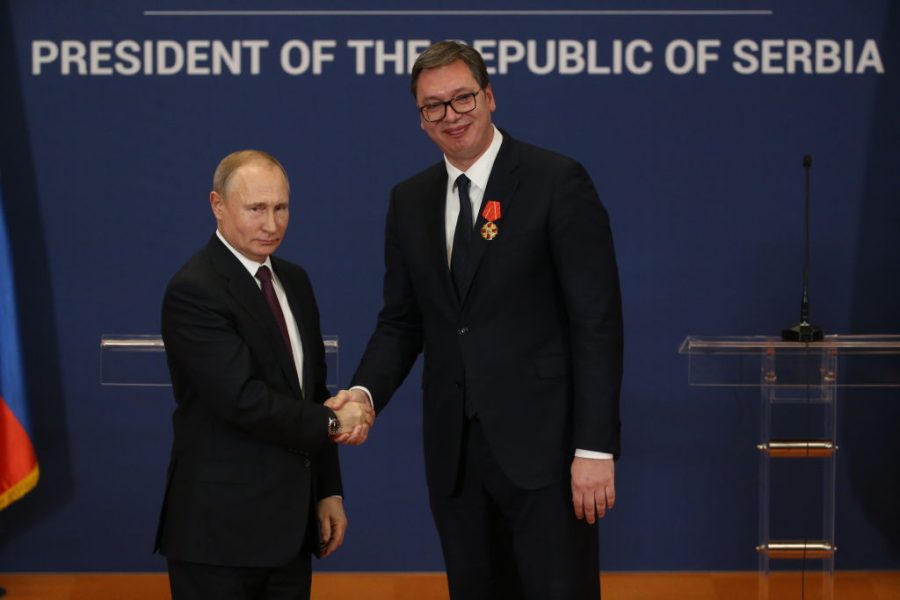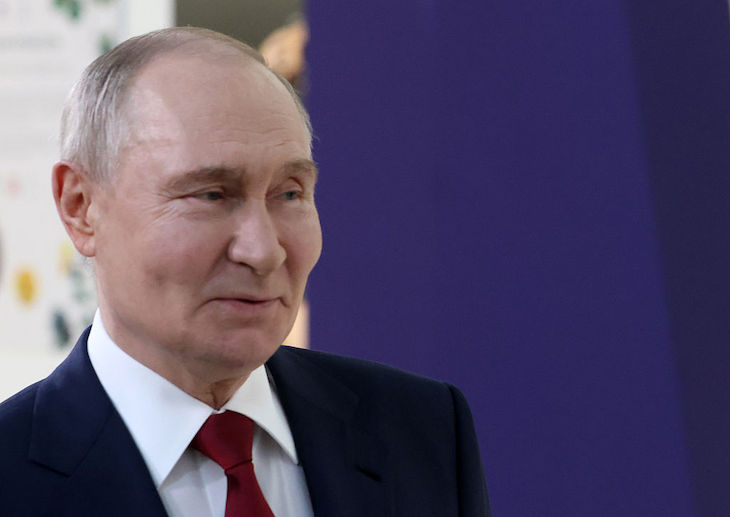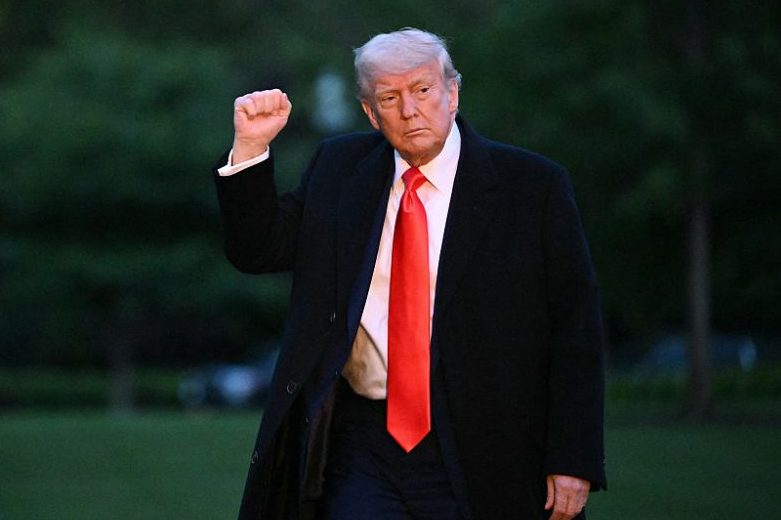For a political actor that ‘believes in the universal value of democracy and the rights of the individual,’ as the European Commission’s President Ursula von der Leyen put it in her state of the union speech last September, the EU is becoming strikingly inured to threats to democracy in its immediate neighborhood.
Tunisia has been the lone success story of the Arab spring. It has delicately nurtured a parliamentary democracy which has managed to reconcile secular constitutionalism with conservative, Islamist political impulses — until last week, that is. Assisted by the military, the country’s President Kais Saied has suspended Tunisia’s parliament for 30 days, dismissed the prime minister and has started arresting opposition figures.
The EU’s response? A toothless, five-sentence statement about the importance of ‘preserving democracy and stability in the country’. The statement did not give any indication of what the bloc would do next if the potential coup was not reversed.
‘We cannot go any further at this juncture,’ the spokesperson for the EU’s high representative for foreign policy explained. Really? How about stopping the flow of EU funding until the constitutional crisis is resolved, making it clear there would be consequences for an authoritarian takeover? Or what about at least sending in a group of EU foreign ministers to mediate, like in 2014 in Ukraine?
The events taking place in Tunisia, along with the EU’s puny response, are a painful echo of the fraudulent presidential election in Belarus almost a year ago. Back then, there was also huffing and puffing from Brussels — but it took the Union almost two months to agree on sanctions against Lukashenko’s regime.
Of course, defending democracy is a difficult business. The EU is already having a hard time holding its own members accountable for corruption and rule of law violations. But helping Tunisia’s (or Belarus’s) democracy succeed is not just a worthy endeavor — it is acutely in the EU’s own interest.
In May, the emboldened regime in Minsk hijacked an airliner flying between two EU capitals in order to arrest Roman Protasevich, a Belarusian opposition figure. And when the West abandoned its efforts to democratize Syria and Libya, both countries turned into humanitarian nightmares, fueling the largest wave of immigration to Europe in living memory. In short, the EU cannot insulate itself from political developments which are at its doorstep.
The EU’s lethargic reaction to events in Tunisia is not altogether surprising. The EU, much like the Obama administration, sought to lead from behind during the Arab spring. This contributed to these revolutions failing to sustain self-governing, democratic forms of government — with the exception of Tunisia.
Even in Tunisia the policy instruments available to the EU — including aggressive trade and visa liberalization, technical assistance with economic reforms or funding for civil society, journalism, and higher education — were used only selectively. This was a far cry from the ‘Marshall Plan’ for Middle East that many called for at the beginning of the decade.
It took the EU until 2016 to start negotiations with Tunisia over a prospective deep and comprehensive free trade agreement. And those talks were abandoned in 2019, due to pressures within Tunisian politics and a lack of appetite in Brussels.
With the EU’s high tariffs on agricultural imports and Tunisia’s persistent rural poverty this was a huge missed opportunity. It would not only have brought Tunisia closer economically to the West but also shown that democratic governance can deliver tangible material benefits.
Tunisia has received almost €3 billion ($3.5 billion) from the EU since 2011 — not a trivial sum for an economy with an annual GDP of less than €33 billion ($39 billion). So you would have thought that the EU would be far more vigilant at protecting its investment and ensuring a stable and democratic Tunisia.
At a time of great regional adversity, Tunisians have demonstrated a clear, home-grown commitment to democratic governance. If the EU can’t be bothered to act to protect democracy and the rule of law in a small country in its immediate vicinity, can it really be counted on to act in defense of democracy anywhere? If not, perhaps Ms von der Leyen should cut the talk of democracy and human rights in her State of the Union address this year.
This article was originally published on The Spectator’s UK website.



